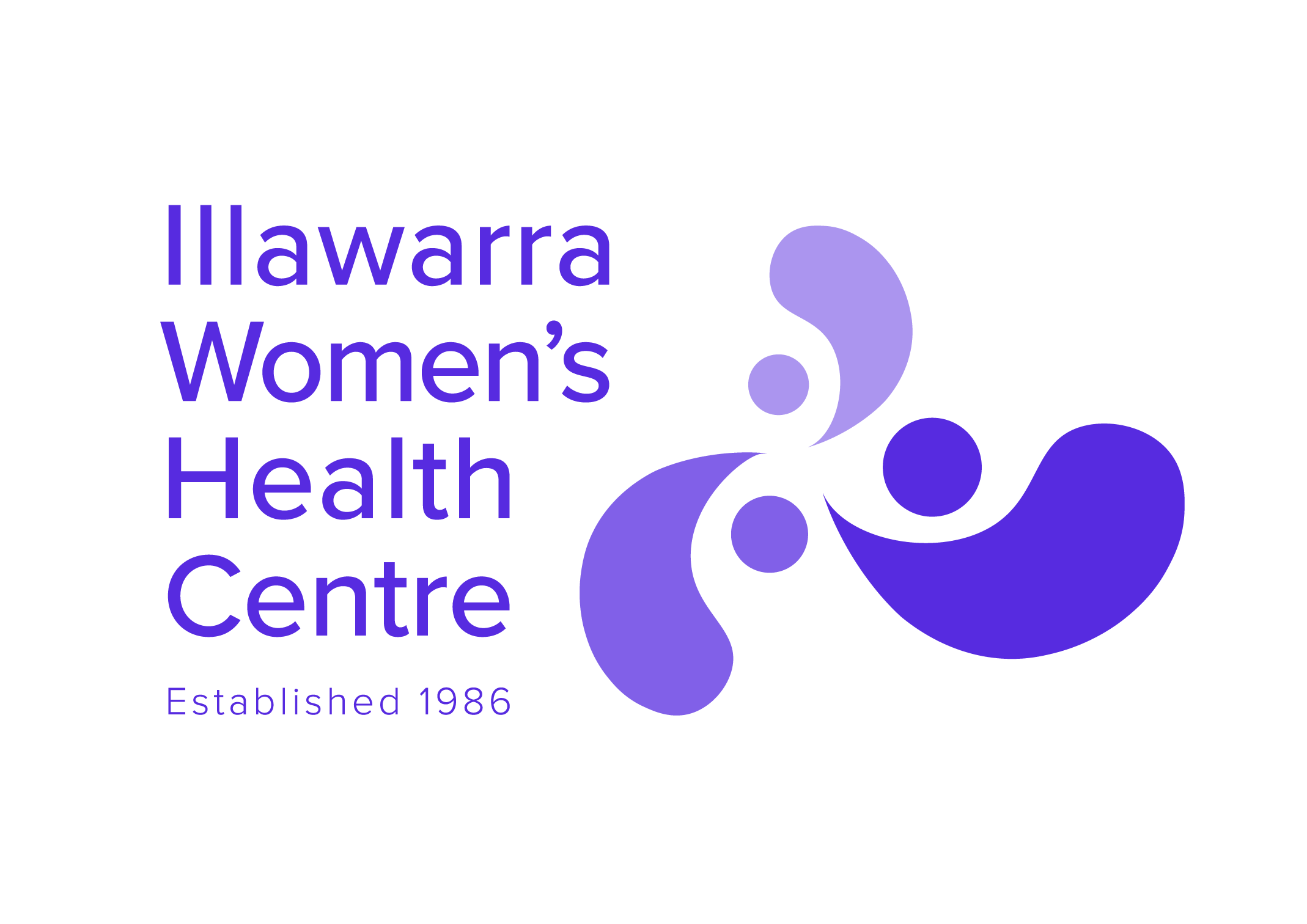A new report from the World Health Organisation has highlighted how access to contraception is reshaping women’s lives globally, extending far beyond its role in preventing unintended pregnancies.
The evidence brief called, Impact of contraceptive use on women’s health and socioeconomic status, was released earlier this year and pulls together six systematic reviews on the health and social effects of contraceptive use.
It concludes that family planning improves women’s health by reducing high-risk pregnancies and enabling safer timing and spacing of births.
According to the findings, more than 874 million women worldwide were using modern contraceptives in 2022, a milestone that underscores how central family planning has become to global public health.
This brief places greater emphasis on the social and economic impacts of contraception than past WHO reports.
The reviews found evidence that contraceptive use is associated with girls staying in school longer, higher education, and workforce participation.
WHO frames these impacts as part of a broader development agenda, tying contraceptive access to global goals on health, education, gender equality and economic opportunity.
Sally Stevenson, Executive Director of the Illawarra Women’s Health Centre, said the research backs what the Centre already sees day to day.
“When women can access contraception, the benefits extend far beyond health,” she said.
“It strengthens their earning potential, lifts household incomes, and fuels broader economic growth.”
The WHO brief also points to contraception’s role in strengthening women’s empowerment. By influencing the number, timing and spacing of pregnancies, contraceptive use gives women greater agency over life decisions. The review notes that this reproductive control is linked with gains in education, skills, self-confidence and access to economic resources.
In its recommendations, WHO is urging governments to expand access to high-quality, rights-based family planning services.
While Australia already has a well-established system, experts say the message is still relevant, particularly in improving affordability and choice.
In March this year, the oral contraceptives Yaz and Yasmin were the first contraceptives to be added to the Pharmaceutical Benefits Scheme (PBS) for the first time in more than 30 years.
In countries including the UK, Canada, Brazil, Argentina and the Philippines, prescription birth control is provided free of charge through public health systems.
“Family planning is one of the smartest investments a country can make,” said Ms Stevenson.
“By giving women control over their reproductive lives, we gain healthier families, stronger workforces, and more resilient economies.”
The Illawarra Women’s Health Centre’s Nurse Practitioner can support women’s sexual and reproductive health needs in a trauma-informed and non-judgmental environment.
All consultations are bulk-billed with a Medicare Card.

